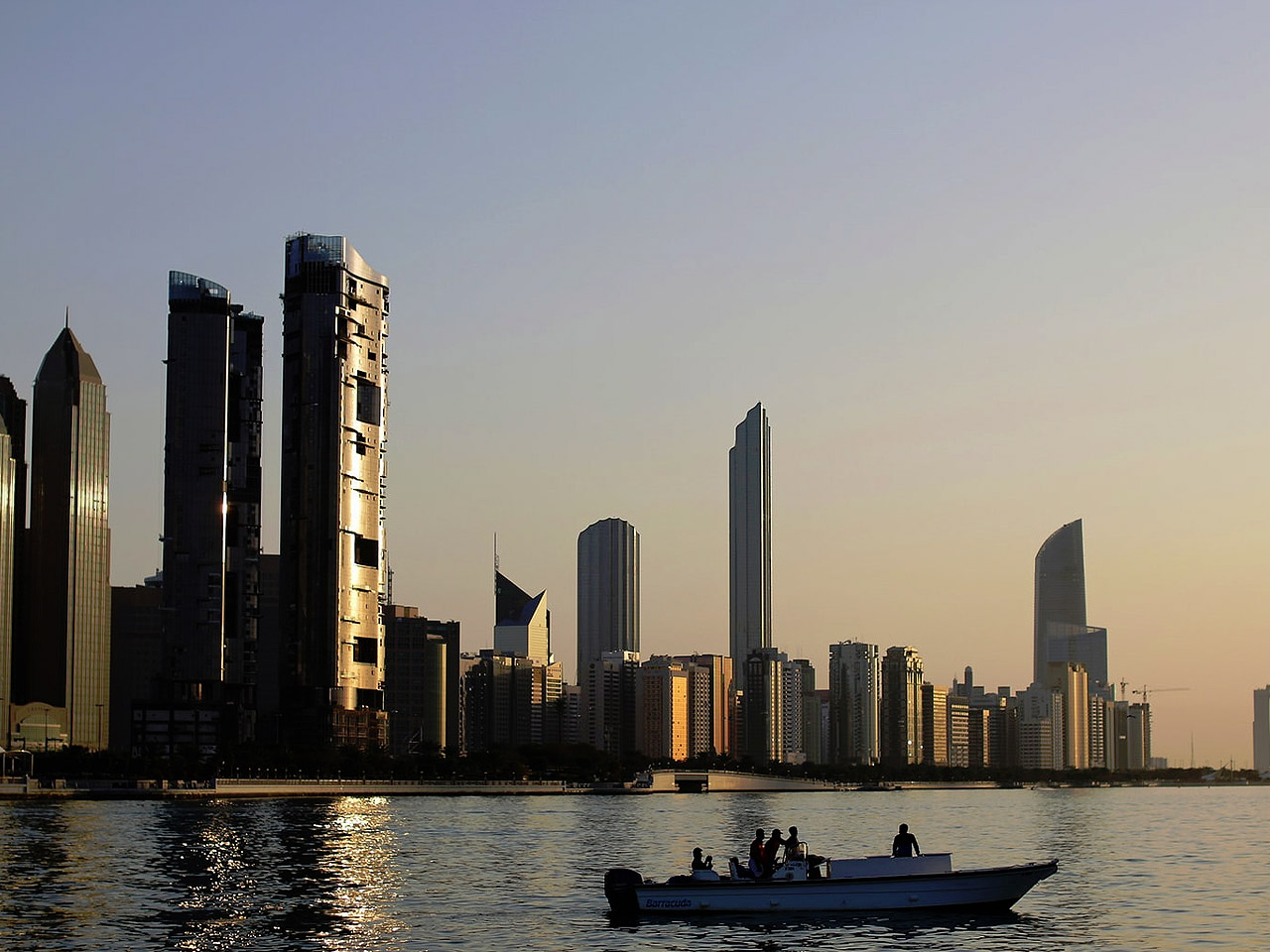

Low oil prices have created much speculation about the viability of Middle Eastern economies. Perhaps the almost doubling of oil prices from their low point in February has subdued some of the pundits with the most dire predictions.
What to expect from here on?
We do not pretend to be able to predict the future price of oil however we would like to point out that both the UAE economy and the UAE’s government finances are less dependent on oil than commonly thought.
In 2015 as a result of shrinking oil revenues the UAE’s federal government ran only a modest public deficit. The UAE’s federal government, which accounts for only 14% of total government spending in the country, has run a budget surplus every single year except in 2008 and 2015.
Downturn
2008 Saw a severe financial downturn, while 2015, despite the collapse in oil prices, only saw a budget deficit of around 2% of GDP. Most importantly the federal government was quick to curb spending. Public spending in 2015 was down by 12% on 2014 and spending on subsidies has fallen by more than 90% on the 2014 figure, the government having abolished most fuel and electricity subsidies and having slowed down spending on projects that it considered to be non-essential.
The projected budget for this year is the same as 2015 but with no budget deficit.
Reserves
In 2015 the UAE’s confirmed oil reserves were 97.8 billion barrels, from which Abu Dhabi’s reserves comprise 92.2 billion barrels, Dubai’s reserves account for 4 billion barrels, Sharjah account for 1.5 billion barrels, and Ras al Khaimah holds 500 million barrels. Currently the contribution of oil revenues to GDP constitutes 29 percent (refer to the graph below).
The efforts of the government to diversify the economy away from oil have been successful so far. Already the UAE has the most diversified economy in the GCC. However diversification is an ongoing project, the extremely ambitions target is that by 2021 oil contributions only 5% to the GDP of the country.
The UAE’s non-oil sector comprises 71 percent, from which trade – 16 percent, manufacturing – 12 percent, real estate – 8 percent, financial institutions – 7 percent, construction – 7 percent, and other industries – 21 percent.
It is well known that one of the most diversified emirates is Dubai. The diversity of economic activities is linked to the fact that Dubai has less oil reserves (for the detailed GDP composition with economic activities for 2015 in Dubai refer to the graph below).
Diversification
The UAE’s focus on economic diversification means that it is eager to welcome entrepreneurs and established businesses to set up in the UAE and to make it as easy for them to do so. In particular the government aims to attract businesses in the health, education, space, transportation, and water industries. Indeed, these are parts of a ‘higher policy’ strategy for technology, science, and innovation.
You might also be interested in:
Six things to understand about
beginning a business in Dubai.
Interested in setting up a company?
Choose a free zone in the UAE.
Discover the different
offshore companies in the UAE.